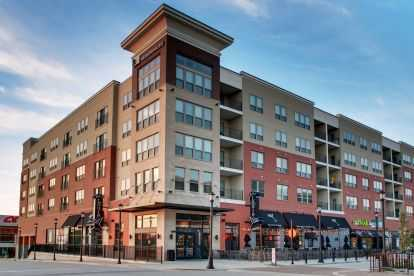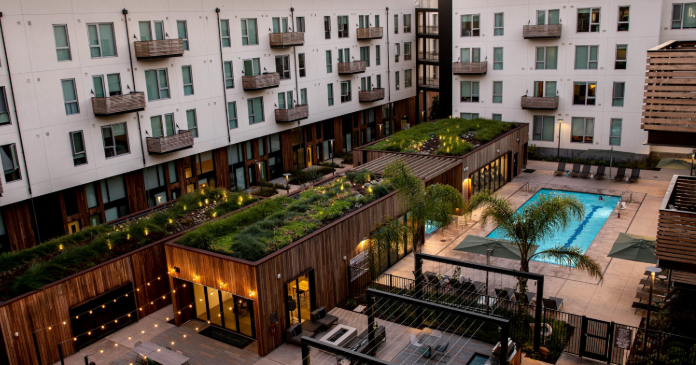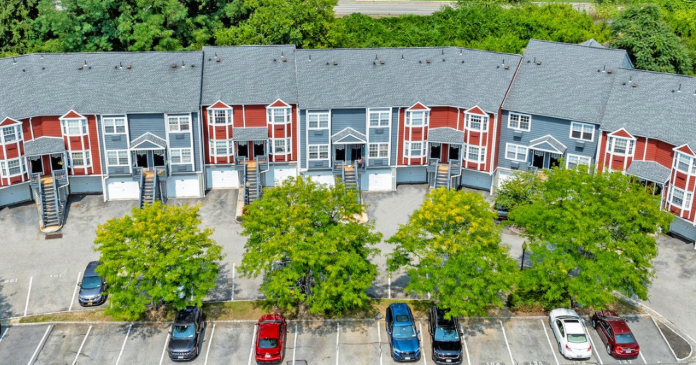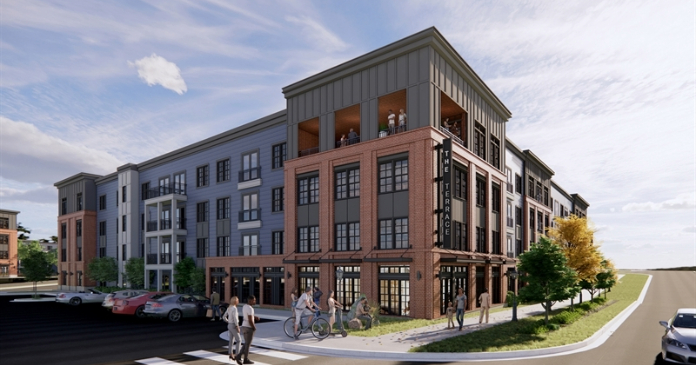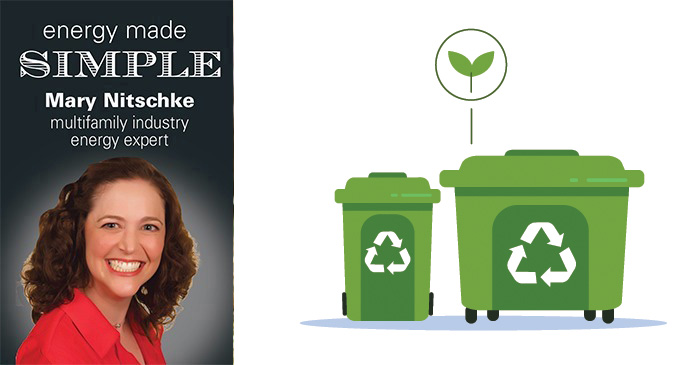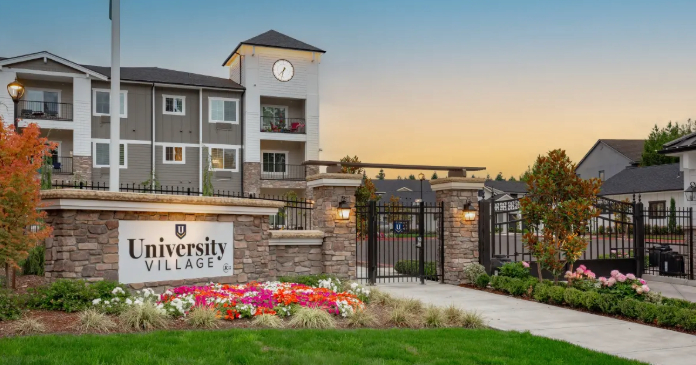As part of the supporting data for the NMHC report “Disruption – How Demographics, Psychographics and Technology are Bringing Multifamily to the Brink of a Design Revolution” NMHC commissioned market research conducted by Beck Research.
The National Survey questioned 1,000 adults with emphasis on renters and millennials. Key findings include:
- Americans have difficulty describing the apartment of the future and describing a space beyond the status quo. Instead Americans advocate for improvements to current services and amenities.
- Technology, in the form of strong cell service or fast internet access, is a requirement for modern apartments or any housing arrangement.
- Americans want more amenities at their fingertips. They are interested in features in apartments, such as better appliances and washer/dryers, as well as community features, such as outdoor spaces and gyms.
- The core benefits of rental apartments remain convenience, flexibility and the ability to move. Rental apartments are “a space that evolves with different stages of your life” (83 percent say important).
- Millennials are more likely than older Americans to see rental apartments as “innovative,” see a broader community role for apartments, and agree that “my community is stronger when there is a mix of rental apartments and single-family homes.”
- Millennials are more social and more attached to the urban centers. They are more likely to listen to live music, but also value face-to-face communication.
- Suburban Americans “underperform,” meaning Suburban Americans favor the Democrats by a wide 16-point margin, but act similar to Fringe areas, which favor Republicans by 12-points. Both are very skeptical of apartments
Consumer Housing Insights Survey highlighted in the Disruption report include:
- Nine out of 10 survey respondents (92 percent) said convenience was important to them;
- Nearly two-thirds (63 percent) agreed that their lives were so hectic that they look for ways to make things easier;
- “My life is so hectic that I look for ways to make it easier for me”
- Ninety-four percent of respondents said that being able to personalize their space was important.
- Eighty-three percent stressed the importance of having space that evolves with different stages of their lives.
- More than three-quarters (78 percent) said they valued having a convertible space that could transform to meet different needs
- 40 percent of respondents said they plan to telecommute more in the future; and
- 60 percent said their home was a reflection of their identity.


